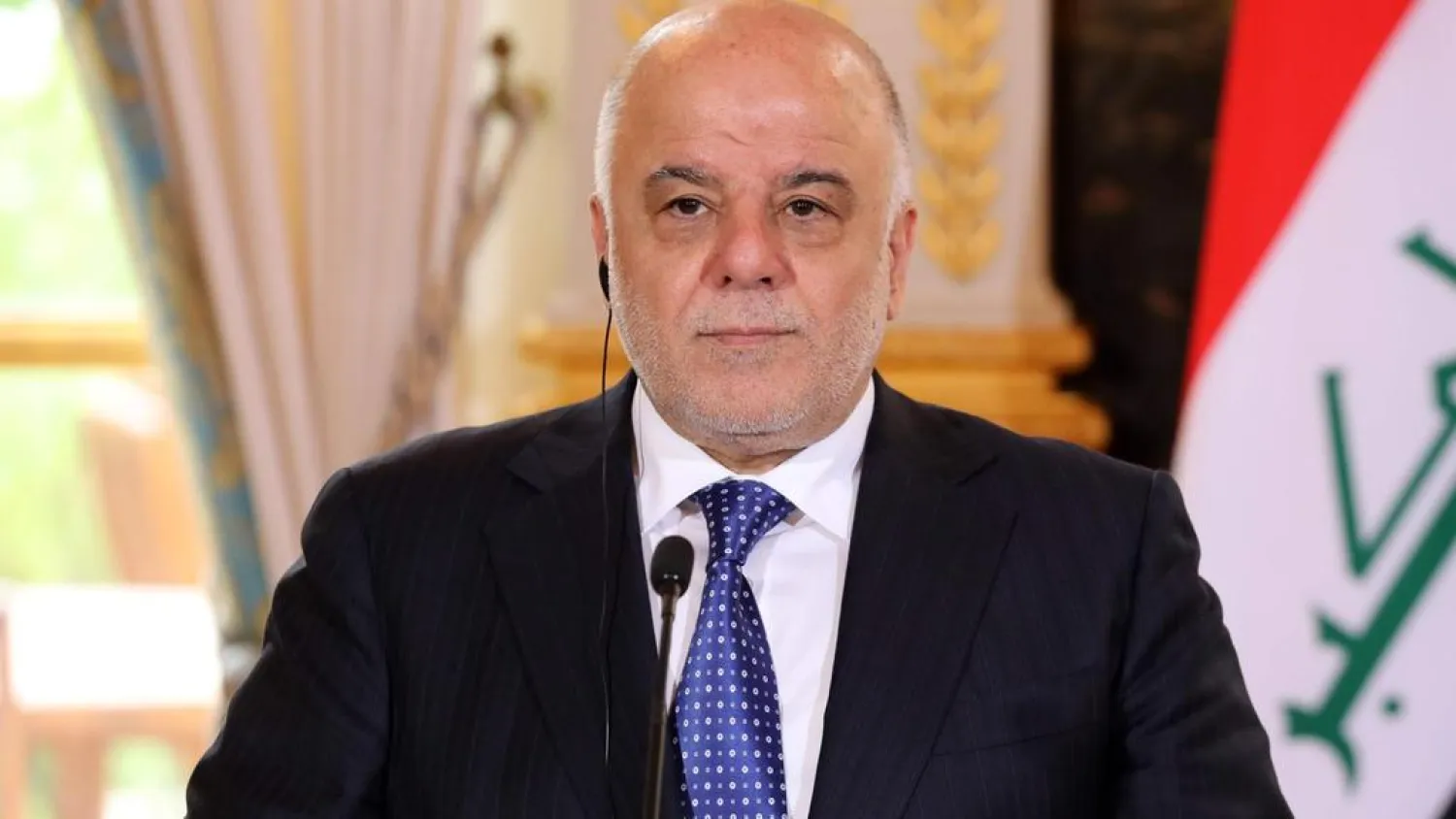They have fled Iraq, their pockets full, or been released from prison under amnesties.
Iraq ranked as the 10th most corrupt country in the world, according to Agence France Presse.
Even before he declared victory against ISIS in early December after a three-year battle, Prime Minister Haider al-Abadi said the country's next fight would be against graft, vowing to "surprise the corrupt".
But according to Iraqi analyst Hisham al-Hashemi, "nothing will change as long as those who protect corrupt actors in the economy, security and the military are still comfortable.”
Member of parliament Majeda al-Tamimi said Iraq's corruption had grown "from the size of an ant to the size of a dinosaur" since the US-led invasion of 2003 toppled Saddam Hussein’s regime.
Fighting it would be "difficult, fiercer than the fight against ISIS", she said.
"There are corrupt people in every party," she added.
One politician told journalists that stolen sums of less than $60 million "can be seen as honest; from there upwards we can speak of corruption".
Rahim al-Darraji, a member of the parliament's transparency commission, said some 6,000 "phantom contracts" had been signed to syphon off public money since 2003.
Through front companies running construction sites and building infrastructure that only existed on paper, some $228 billion had "gone up in smoke", he said.
That is equivalent to three times the annual budget and more than Iraq's GDP.
Analysts say such massive corruption helps explain why Iraq is sorely lacking in infrastructure and industrial or agricultural development.
Iraq, which is oil cartel OPEC's second largest producer, has been reduced to importing electricity and refined petroleum products.
Some projects do reach completion, but bribes form a large part of the price paid by the state.
Supreme Judicial Council spokesman Abdel Sattar Bayraqdar slammed a law which provides for the release of corrupt officials if they agree to return the money they embezzled, arguing that profits from stolen funds remain out of the state's reach.
Another judicial official, speaking on condition of anonymity, also criticized the legislation.
"For example, if someone a decade ago stole two billion dinars that have since earned twenty, they can just pay back the two billion and leave prison," the official said.
"It's like a bank loan."









